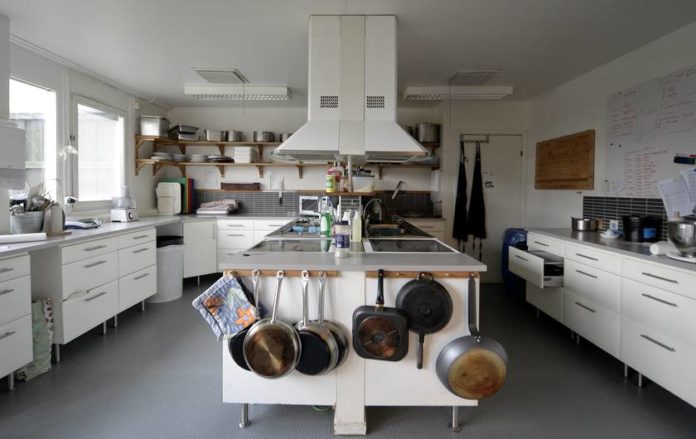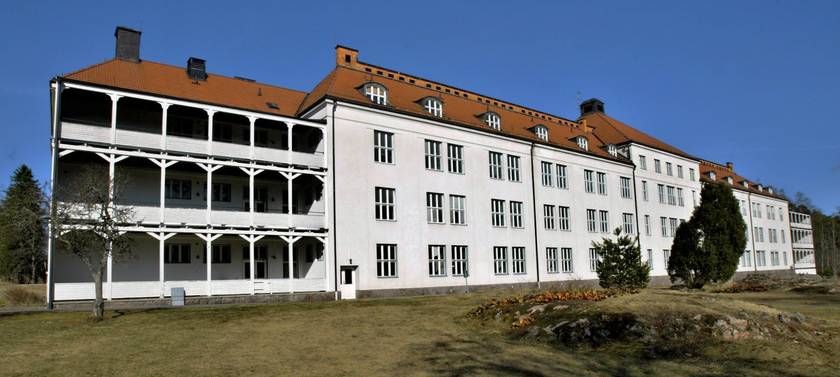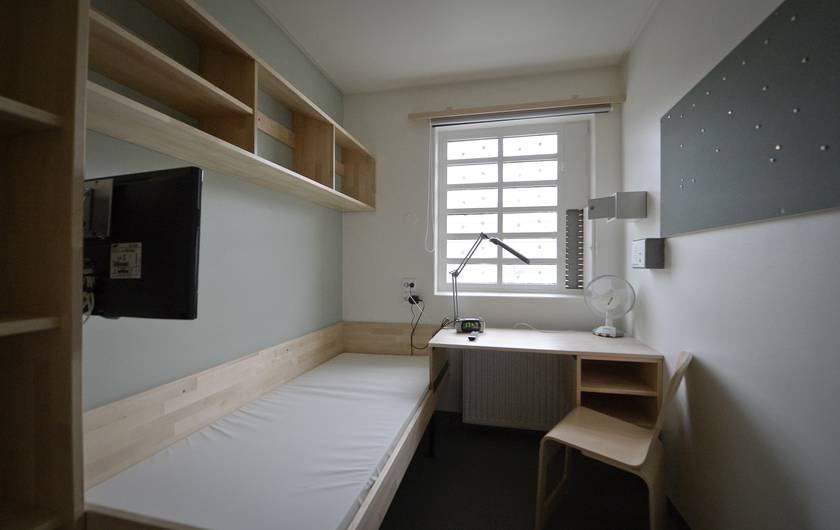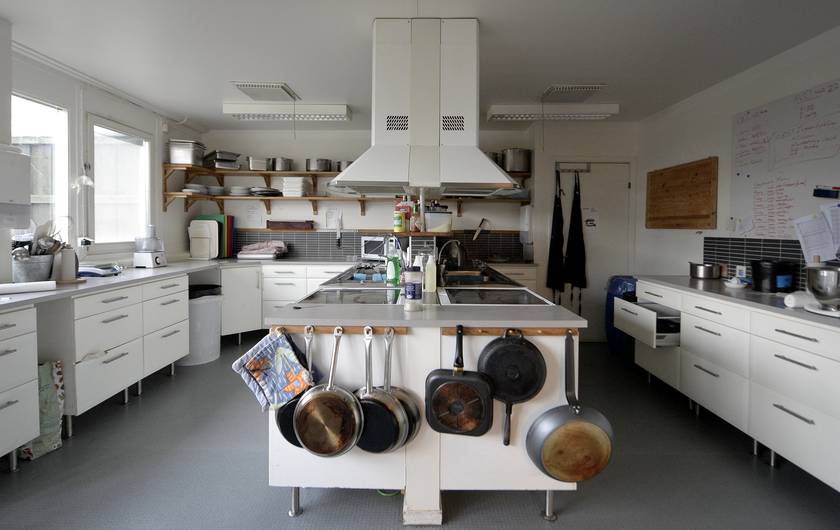



America has the highest rate of incarceration in the world; despite only accounting for 5% of the world’s population, it houses a whopping ONE QUARTER of its prisoners. US prisons are also dangerously overcrowded, house 10 times as many mentally ill individuals as state hospitals, keeping people locked up for unfathomably long periods of time, plagued by inmate abuse and hold a far greater percentage of the country’s black population than South Africa did under apartheid. Nearly two-thirds of the inmates released every year return to prison; discriminated against due to their criminal background, it is difficult to find work or housing. If you get sent to prison, and many Americans do, your life is as good as ruined.
Decades of bi-partisan consensus on criminal justice later, there is finally a glimmer of hope that the federal government has realized that the system of imprisonment has gotten out of control (or perhaps that’s just how they get when more people than they can imprison start getting pissed off). Some states are making progress toward making prisons less crowded. However, beyond the policy lies the morality of the matter and this is where one has to start before going through the motions of changing the system. The question then is, why does a country send its people to prison? In America, the reasoning is to simply inflict pain and punishment upon the criminal.
Nordic countries like Sweden see things differently; instead of punishing criminals for the sake of deterring crime, they seek to address the root cause of criminality and rehabilitate their inmates so that they do not wish or have to turn to crime. It would seem that this tactic is far more effective. This is assuming of course that the American system was ever meant to be effective, as opposed to being a means of generating revenue for the prison industrial complex.
“Our role is not to punish. The punishment is the prison sentence: They have been deprived of their freedom. The punishment is that they are with us,” Nils Öberg, director-general of Sweden’s prison and probation service, told the Guardian in 2014.
In the past decade, the number of Swedish prisoners has fallen from 5722 to 4500 out of 9.5 million people in total. The country has CLOSED a number of prisons (the prison-industrial complex would be most unhappy if this happened in America….) Recidivism rate is 40%, far lower than the US and most European countries.
Öberg modestly states that the way Sweden treats its prisoners is at least partly responsible for keeping incarceration and recidivism rates so low.
“It has to do with whether you decide to use prison as your first option or as a last resort, and what you want your probation system to achieve,” he told the Guardian. “Some people have to be incarcerated, but it has to be a goal to get them back out into society in better shape than they were when they came in.”
Nordic countries have done fairly well in minimizing the number of people who are put in prison as well as the number of repeated offenders. Several other factors have contributed to their success in terms of overall incarceration rates, from the inclusiveness of their society, to the relatively low wealth gap and the racial homogeneity of their society (which reduces racial tension). However, the low rates of repeated offenses would remain unexplained by these factors and can only be attributed to the model that they apply to their prisoners.
Doran Larson explains in the Atlantic, how his research on prisons revealed that Nordic countries’ rehabilitative ethos produces tangible results. Even in the high-security prisons he visited, he observed some remarkable things:
Common areas included table tennis, pool tables, steel darts and aquariums. Prisoner art ornamented walls painted in mild greens and browns and blues. But the most profound difference is that correctional officers fill both rehabilitative and security roles. Each prisoner has a “contact officer” who monitors and helps advance progress toward return to the world outside — a practice introduced to help officers avoid the damage experienced by performing purely punitive functions.
Instead of focusing on caging and emotionally destroying the individual as seen in the US, Nordic prisons focus on treating prisoners with dignity and helping them return to normal with non-criminal behaviour. There, prison guards balance their duty of keeping prisoners in line with their duty to prepare prisoners for their eventual release.
“Open prisons” are another Swedish invention; prisoners are housed in prisons that resemble college dormitories and have access to televisions and sound systems. They even get to commute to work and visit families while they are monitored electronically from afar. Prisoners and staff eat together at community spaces built all over the “campus”, and nobody wears a uniform.
Larson believes that open prison punishments are more effective than “closed” prison punishments in that they don’t provide prisoners with additional stresses that distract from the misdeeds that brought them there, as harsh American prisons often do. The prisoner has to come to terms with his own role in putting himself there:
Imagine living on … knowing every minute of every day, that this is not your home, these people are not your family, your friends, your children, and you are always one misstep from a cell in a closed prison. You have strict curfews. In town you carry an electronic anklet. Yet nothing here feels unfair or unreasonable. You have, after all, committed a crime serious enough to make a range of other remedies untenable. Nothing you can see or touch or smell or taste, and no interaction with staff gives you anything to blame or resent about the system that brought you here.
Defenders of the prison-industrial complex might be inclined to argue that it is pure naivity and weakness to assume the best of crimminals, believing that their behaviour is set in stone. However, there is a strong statistical basis that proves that the Swedish system works better. If society believes that a criminal cannot change, then even he would believe this to be true. If given the chance to, however, he just might be able to change for the better.
Sources: http://mic.com/articles/109138/sweden-has-done-for-its-prisoners-what-the-u-s-won-t





When you read things like this you realise that britain is still to reach the dark ages before they can move on to anything like a positive society
Well said son
my opinion on harsh inprisonment is that it hardens the criminal, and if you do that you will have harder criminals in your society, instead of having no criminals or less criminals.
if it does not kill you it makes you stronger.
Coming from an ex com of the united states, this is somewhat true. I did 7 years in a state penitentiary for fighting a police officer,but I used it as a deterrent. I didn’t wanna go back because of the harsh reality and insanity of it. I have been home for a long time and have a good job,beautiful little girl and loving woman. It’s all what I make it. If u don’t wanna go back u won’t. It’s a decision.
From what I’ve heard most criminals don’t aspire to be bad people and some of them just grew up in the wrong environment or they’ve just had to participate in criminal activity to support their families (e.g. A convict stealing a loaf of bread!) so there for I believe that Australia should follow in the same footsteps as Sweden and plus a farm prison works out much cheaper than a full max prison and most importantly is far more educational there for probably less re-offenders! But for those who are just pure evil for the fun of it, their crimes should be met with capital punishment!
This system means we care for each other. That we understand the human condition. That we believe in redemption. If only we did so in the UK.
We do have open prisons in the UK…
Same kind of prison system is in Finland too. If i may say – them are 5 star hotels and inmates can earn money more than “normal” citizen can make. Just read and don’t fall from your chair –> http://mitavittua.fi/2015/01/vangin-palkka-kuukaudessa-yli-2-300-euroa-suomessa/
The glaring inconsistencies and Misleading headline alone leaves one to ponder the old “apples to oranges” analogy. Perhaps if America’s border’s weren’t so porous and the racial/cultural/religious disparities were as Sweden’s we could sit back and pat ourselves on the back also. This article is ridiculous and no comparison can be made realistically. All one has to do is watch one episode of America’s “Lockup” and determine what pathetic examples of DNA are actually housed in America’s Prisons.
I think it is bad to base your knowledge of people, from watching TV. Do you watch Fox News also and base your facts on what other wants you to believe? Sweden take in a lot more war refugees then the USA from wars they started also. It is kind of weak and strange ideas you have without any base from reality.
What should i do to get there? Did they have internet? Is better stay there than die outside, houngry.
Your dumb
it’s *you’re. Maybe before you insult people you should look into fixing YOUR grammar. Have a good one.
Sounds great and I bet it works in Sweden but it would not work in the U.S.. Criminals would simply take advantage.
On the other side I’m completely against long prison sentences. 10 or 20 years… What’s the difference? 20 years is torture. If you kill someone, capital punishment for you.
You can get locked up for just about anything in America and it’s wrong. Then you come out and can’t get hired because you have a criminal record. We need to stop imprisoning people that commit minor crimes. We are ruining peoples lives.
As the king is …so is the people
Anders Brievik is currently living in something like that. Fucking care-bear country.
Some humans are what they are – animals, and they deserve to be threaten like this.
But the majority of criminals are by far not bad people and recieving a high amount in jail just because someone stole some paper, without hurting someone should be by far less judged as hurting anyone.
And see our law, copyright violations are judged higher than child abuse – this so wrong and it shows the worth of a human soul is less worth than a filled safe.